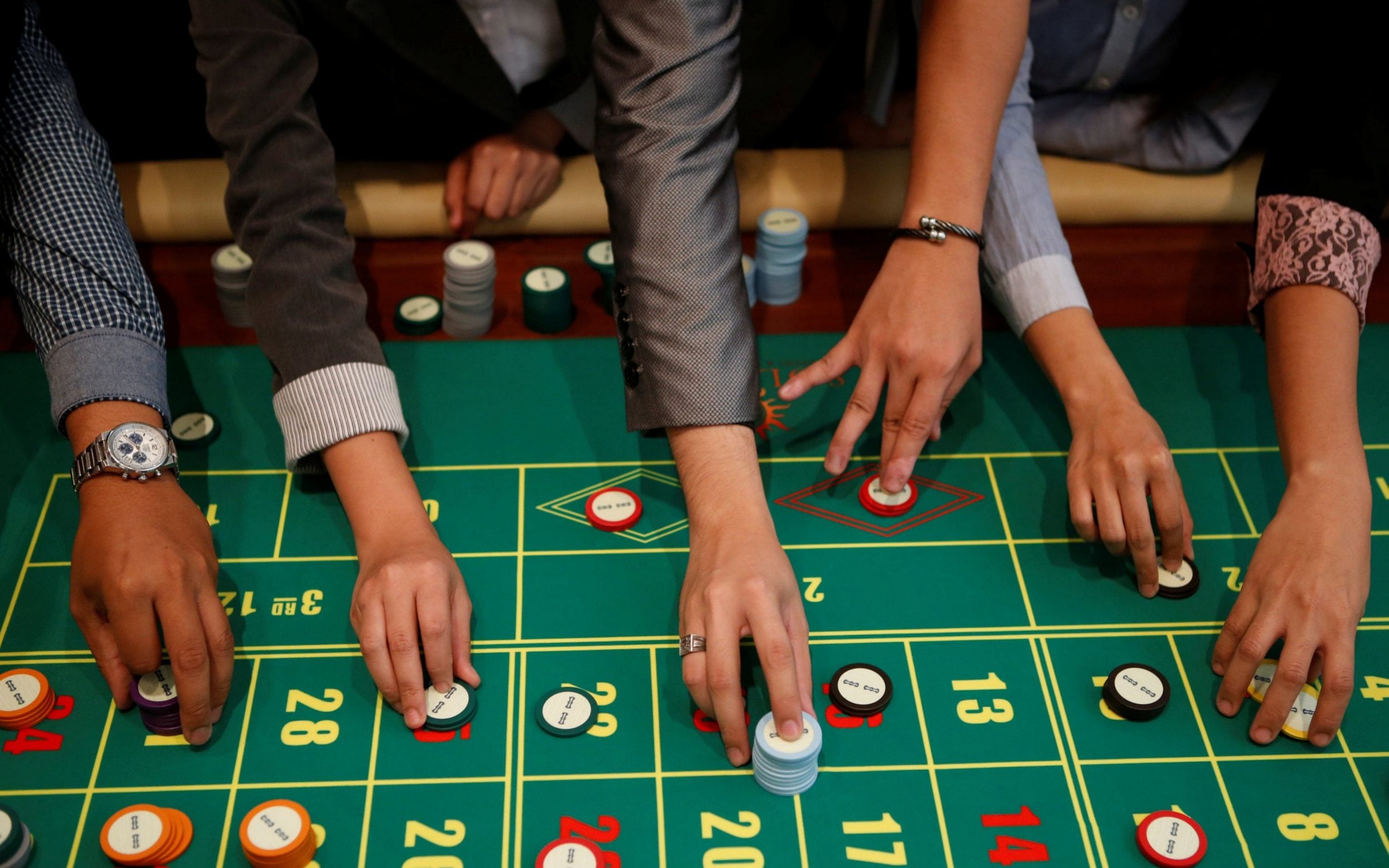Senior Pastor of Akwa Ibom based Power City International Ministry, Dr. Abel Damina has said gambling is not sin contrary to what some believers think.
He made his position known in question and answer video session shared on Facebook. Damina stated that gambling is like a game of chance insisting also that it is not a sin.
He however cautioned that gambling should not be taken as a lifestyle. He said, “Gambling is like taking a chance. If you have extra change and you feel like taking a chance, you can take a chance with it, but it should not be a career.”
Damina who has been quite controversial in his handling of some doctrinal issues said though people should appreciate that their money belongs to God, he said, “There is nothing wrong with gambling. It can be used for a pastime.
“It’s like belonging to different football clubs and we say take a bet on who to win. If my club wins, I take the money. If your club wins, you take the money. That is not gambling.
“We are just having fun and making our fun productive. You can do gambling for fun. You can do gambling for entertainment.”
But the issues may not be as simplistic as that. Scientific findings have shown that gambling does more harm to the human brain that can be imagined. A journal Medical News Today gives a background to why gambling is evil and could result in more debilitating ailments.
Though there may be no direct Bible passage where gambling is condemned there are scriptures that are indicative that it is contrary to God’s command that we should work as stated by Paul in Col 3v23-24.
Gambling according to some also promotes materialistic tendencies. But what seems to come across that makes gambling an exercise that should not be encouraged is the long-term implication on the health of the gambler as described in Medical News Today.
Find below what the journal says
Gambling addiction is a progressive addiction that can have many negative psychological, physical, and social repercussions. It is classed as an impulse-control disorder.
It is included in the American Psychiatric Association (APA’s) Diagnostic and Statistical Manual, fifth edition (DSM-5).
Problem gambling is harmful to psychological and physical health. People who live with this addiction may experience depression, migraine, distress, intestinal disorders, and other anxiety-related problems.
As with other addictions, the consequences of gambling can lead to feelings of despondency and helplessness. In some cases, this can lead to attempts at suicide.
The rate of problem gambling has risen globally over the last few years. In the United States in 2012, around 5.77 million people had a gambling disorder that needed treatment.
Because of its harmful consequences, gambling addiction has become a significant public health concern in many countries.
The issue of gambling has been quite controversial. What do you think?


